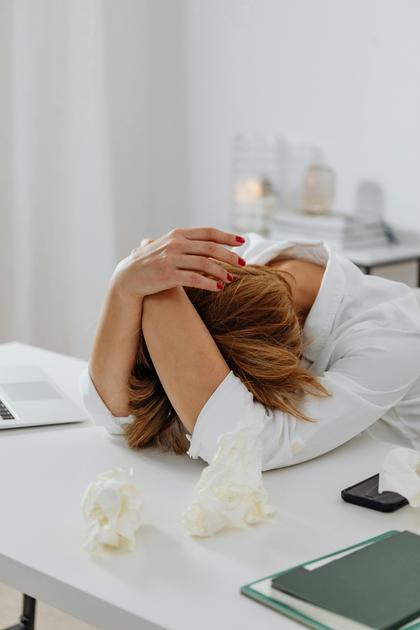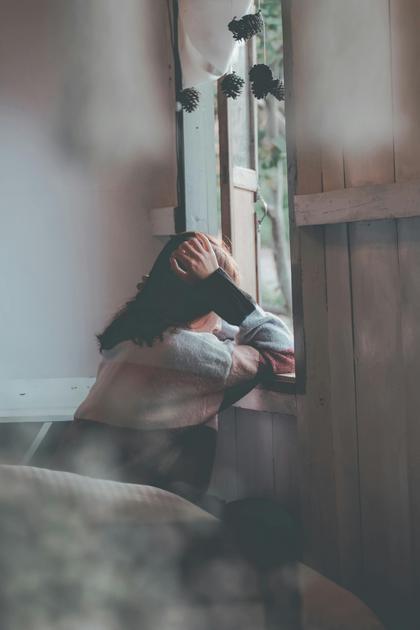Many women silently struggle with low libido, often feeling alone in combating the underlying issues. Understanding the causes of low libido in women is crucial for finding effective solutions. Factors such as hormonal changes, stress, anxiety, and lifestyle habits play significant roles. It’s essential to recognize these aspects and address them holistically.
In a world where many women above 30 feel the weight of daily responsibilities, finding balance can feel overwhelming. But you don’t have to navigate this journey alone. See here how many women are solving this without heavy medications and reclaiming their joy and intimacy.
Understanding Low Libido: What It Really Means
For many women, low libido can feel like a hidden struggle. It’s not just about sexual desire; it’s about connection and intimacy, which can affect many areas of life. Low libido often leads to feelings of isolation, confusion, and frustration. Understanding what low libido means is the first step toward addressing it.
Common Causes of Low Libido in Women
Low libido in women can stem from a variety of factors. Here are some common causes:
- Emotional Factors: Stress, anxiety, and depression can diminish interest in sex.
- Hormonal Changes: Fluctuations in hormones during menstruation, pregnancy, or menopause significantly affect libido.
- Medical Conditions: Conditions like diabetes or thyroid disorders may lower sex drive.
- Medications: Certain medications, especially antidepressants, can have side effects that reduce desire.
- Lifestyle Choices: Poor diet, lack of exercise, and excessive alcohol consumption may also contribute to low libido.
B. Hormonal Changes and Their Impact on Libido
During a woman’s life, hormonal changes can lead to a decrease in sexual desire. For instance, during menopause, estrogen levels drop, directly impacting libido. Understanding your hormonal cycle can help you better navigate changes in desire and mood.
C. The Role of Stress and Anxiety in Low Libido
Stress and anxiety are prevalent issues today. They can create a cycle where low libido leads to stress, which in turn magnifies the feeling of decreased sexual desire. Finding ways to manage stress—such as practicing mindfulness or engaging in hobbies—can have a positive impact on libido.
D. Lifestyle Factors Contributing to Low Libido
Factors such as lack of physical activity, poor nutrition, and inadequate sleep can all influence libido. Incorporating regular exercise, a balanced diet, and ensuring sufficient sleep can significantly improve not just sexual desire, but overall wellbeing.
E. How Relationship Dynamics Affect Sexual Desire
The dynamics within a relationship play a crucial role in sexual desire. Communication is key; partners should feel free to express their needs and desires. If there are unresolved conflicts or lack of emotional connection, desire often diminishes. Building intimacy outside of the bedroom can help rekindle the spark.
F. Exploring Medical Conditions That Influence Libido
Various medical conditions can impact libido. Conditions like diabetes, hypothyroidism, or pelvic pain disorders can create significant barriers to sexual desire. It’s important to discuss these issues with a medical professional, who can help manage symptoms and suggest appropriate treatments.
G. Natural Remedies for Increasing Sexual Desire
Many women are looking for natural ways to enhance their libido. Some remedies include:
- Herbal Supplements: Ginseng and maca root are known to boost libido.
- Essential Oils: Oils like ylang-ylang and clary sage can enhance mood and promote relaxation.
- Mindfulness Practices: Techniques such as yoga and meditation can help reduce anxiety and elevate mood.
If you find yourself struggling with low libido, see here how many women are solving this without heavy medications.
H. When to Seek Professional Help for Low Libido
If low libido is affecting your quality of life, consider reaching out to a healthcare provider. Understanding the underlying cause is essential for determining the right course of action. Therapy and counseling can also play a significant role in addressing both emotional and physical aspects of low libido.
I. Empowering Yourself: Steps Toward a Fulfilling Intimacy
Empowerment starts with understanding. Having a supportive network and seeking professional advice can pave the way towards improved intimacy. Celebrate self-acceptance and be open to change. Embracing this journey can lead to fulfilling relationships and satisfying intimacy.
It’s possible to improve these challenges and symptoms by following a simple step-by-step process, just as many other women have done. Take the first step toward discovering your path to rejuvenated intimacy.







